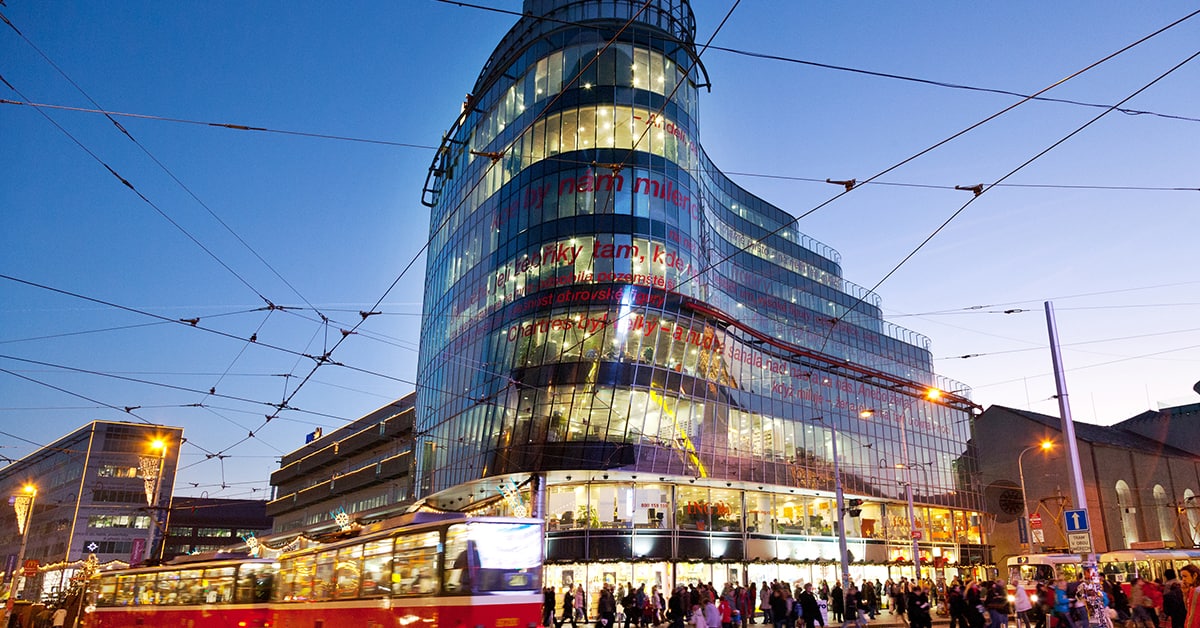The Czech Republic’s decision to rejoin EBRD has an echo of Cyprus belatedly becoming a member country in 2014 in the wake of its financial crisis.

With Central Europe in the grip of a devastating third wave of Covid-19, the Czech Republic has formally requested to re-join the European Bank for Reconstruction and Development (EBRD). The government had withdrawn from the multinational development/investment bank 15 years ago, saying Czechia was no longer a transition economy—though it remained a shareholder and supported Czech companies investing abroad.
“The Czech authorities have been very clear that this application for re-engagement is caused by the pandemic,” says EBRD spokesperson Axel Reiserer. Although numbers are stabilizing, the Czech Republic has had a terrible third wave, after managing the first wave in 2020 rather better than other EU countries. Critics say the government eased restrictions too soon, leading to a total case load of 1.6 million in a population of just 10 million, with over 28,400 deaths, proportionately one of the worst outcomes in the world.
The Czech Republic’s decision to rejoin EBRD has an echo of Cyprus belatedly becoming a member country in 2014 in the wake of its financial crisis: some 700 million Euroshave since been invested by EBRD, underpinning the island economy’s subsequent recovery.
However, the EBRD points out that there are big differences, including the bank’s history of 15 years of investment in the Czech Republic—as part of Czechoslovakia, the country was a founding member back in 1991, while Cyprus joined as an entirely new member—and the very different specific mandates for the two countries.
Reiserer says the initial focus in Czechia will be on filling funding gaps in the private sector—an area where EBRD has considerable expertise. Providing venture capital for business startups (which often have great difficulty finding accessible finance) and boosting local capital markets to encourage their loan-making capacity will also be priorities.
EBRD will also be looking to boost green energy in Czechia, which is seen as one of Europe’s great polluters. Supporting energy-efficient projects via dedicated credit lines and improving the sector’s regulatory environment are both areas where the EBRD has much expertise. The Bank says it will work alongside the EU and European Investment Bank to facilitate the financing of larger-scale projects.



